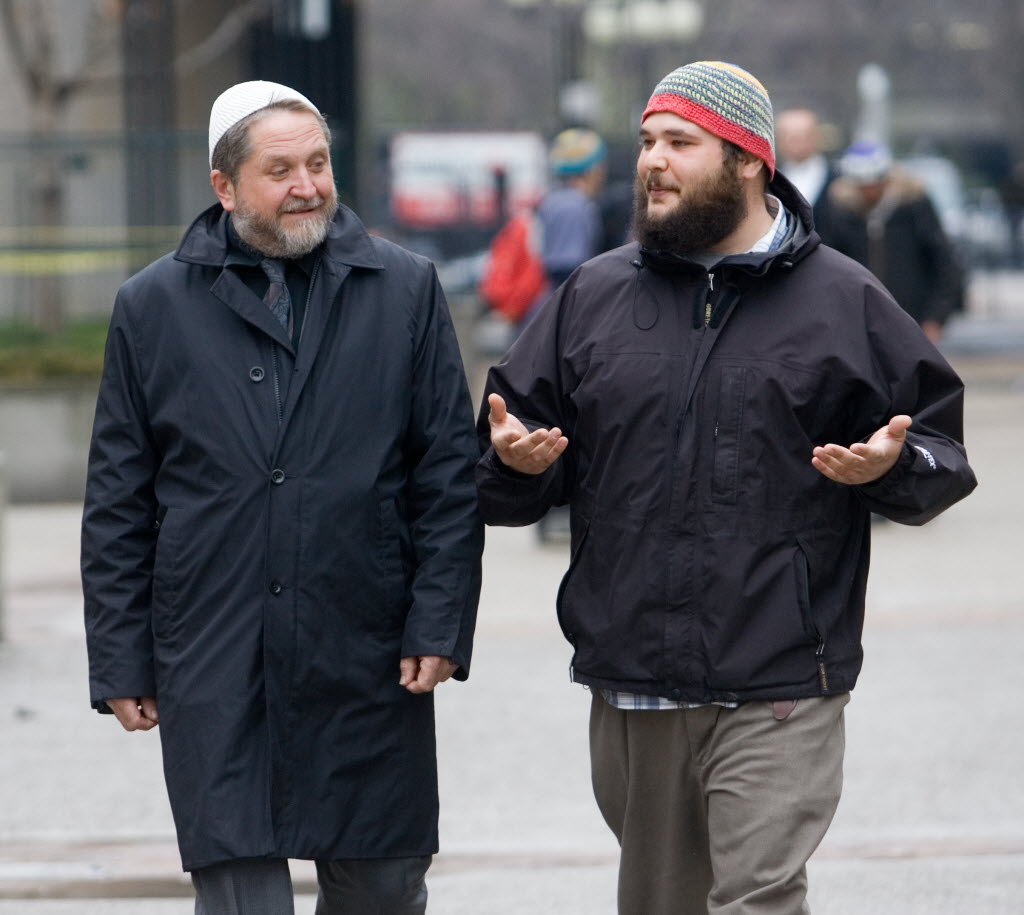TORONTO – A religious group that uses marijuana to get closer to God won’t be sparking up with the blessings of the court.
The Church of the Universe, which uses the drug as a sacrament, lost its bid Monday to be exempt from Canada’s pot laws.
It launched the constitutional challenge in defence of two members charged with drug trafficking.
"For religious people who find meaning and purpose through religion, there’s no Plan B," lawyer George Filipowic, who represented one of the men, said outside court.
"Now you have two people who are going to go through the rest of their lives not able to find meaning and purpose without breaking the law."
Prosecutors had argued that allowing the church’s application would effectively legalize marijuana, as others would claim a religious right as well.
Although Ontario Superior Court Justice Thea Herman ruled against the church, she said the group is sincere in claiming they use marijuana to connect to God.
"The provisions in question constitute a reasonable limit on the applicants’ charter rights," reads Herman’s ruling.
However, Herman ultimately did not think it was possible to create a workable religious exemption.
"There is no feasible way to make an allowance for the religious use of cannabis in the circumstances of this case," she wrote.
"It is difficult, if not impossible, for an outsider to identify the religious user and religious use because religious use is barely distinguishable from recreational use."
Peter Styrsky, who along with fellow church member Shahrooz Kharaghani was charged with trafficking marijuana in 2006, said he is considering an appeal.
"I think the judge said that we do have the right to use it. She just didn’t know how to implement it for us," said Styrsky.
The Crown argued that the applicants’ religion is a "sham" and a "joke," a parody of religion designed to legitimize illegal behaviour.
Herman’s ruling reflects the fact that it is not within the court’s power to determine whether or not cannabis should be legal, said Crown lawyer Nick Devlin.
"The court in this case took a very close look at the facts, and decided that the marijuana trafficking which happened here was not protected by freedom of religion," Devlin said outside court.
"The court affirmed that the decision of whether cannabis should be illegal or not remains with Parliament and we’re satisfied with that outcome."
Styrsky and Kharaghani are scheduled to appear in court on Feb. 21 on trafficking charges. It’s alleged they sold pot to undercover officers who posed as new church members.
"I did the right thing as far as I’m concerned, and I’ll have to face the music accordingly," Styrsky said.
"We’ll deal with that when it comes."
Paul Lewin, a lawyer for the church, said a licensing system similar to the one used for medicinal marijuana could be used to create a religious exemption system.
"It’s a little difficult and it’s a little unusual but that doesn’t mean we can’t overcome it," said Lewin.
"If an extra person or two smokes marijuana and they aren’t actually religious, the risks are so slight. It’s a mild intoxicant."
But Herman’s ruling states that such a system is both "unworkable" and "undesirable."
"It calls to mind a state-sponsored religious inquisition, with the potential to threaten freedom of religion rather than further it," she writes.
Filipowic said Kharaghani’s family fled from Iran, where his grandfather was shot in the head for refusing to convert to Islam.
"My client takes religion very seriously," said Filipowic. "He testified on the stand that he loves this country, that he doesn’t want to break the law, but that he’ll have to choose God."
Last year, the Supreme Court of Canada dismissed an application from church founders Walter Tucker and Michael Baldasaro for leave to appeal their 2007 marijuana trafficking convictions.
On its website, the church refers to marijuana as God’s "Tree of Life" and that God’s children have a right to use it as a sacrament in "their lives and worship."
"Church members are encouraged to surround themselves with the holy Tree of Life, not just inhaling it, but wearing it, growing it, writing on it, eating it, etc.," the site reads.




Comments